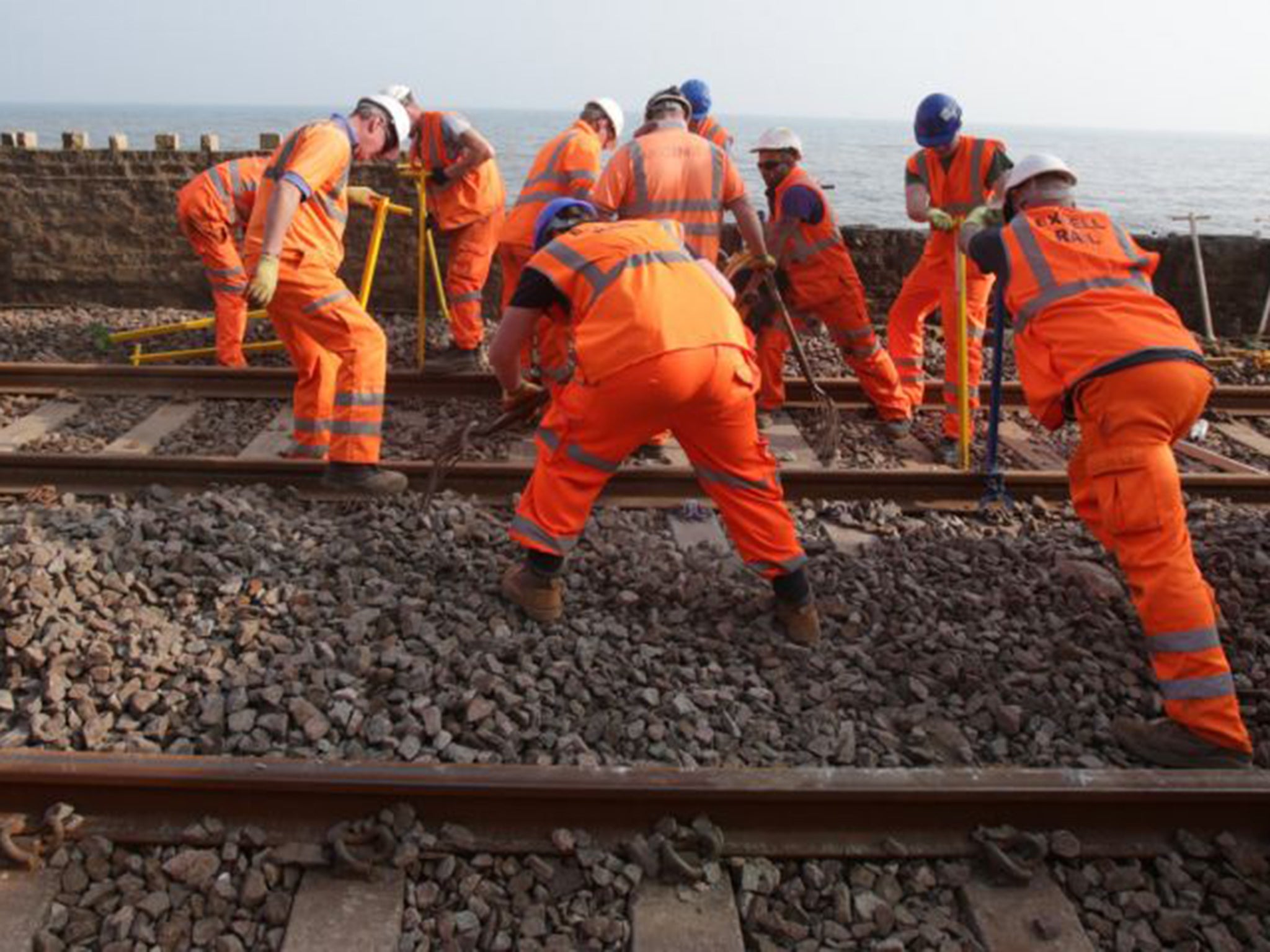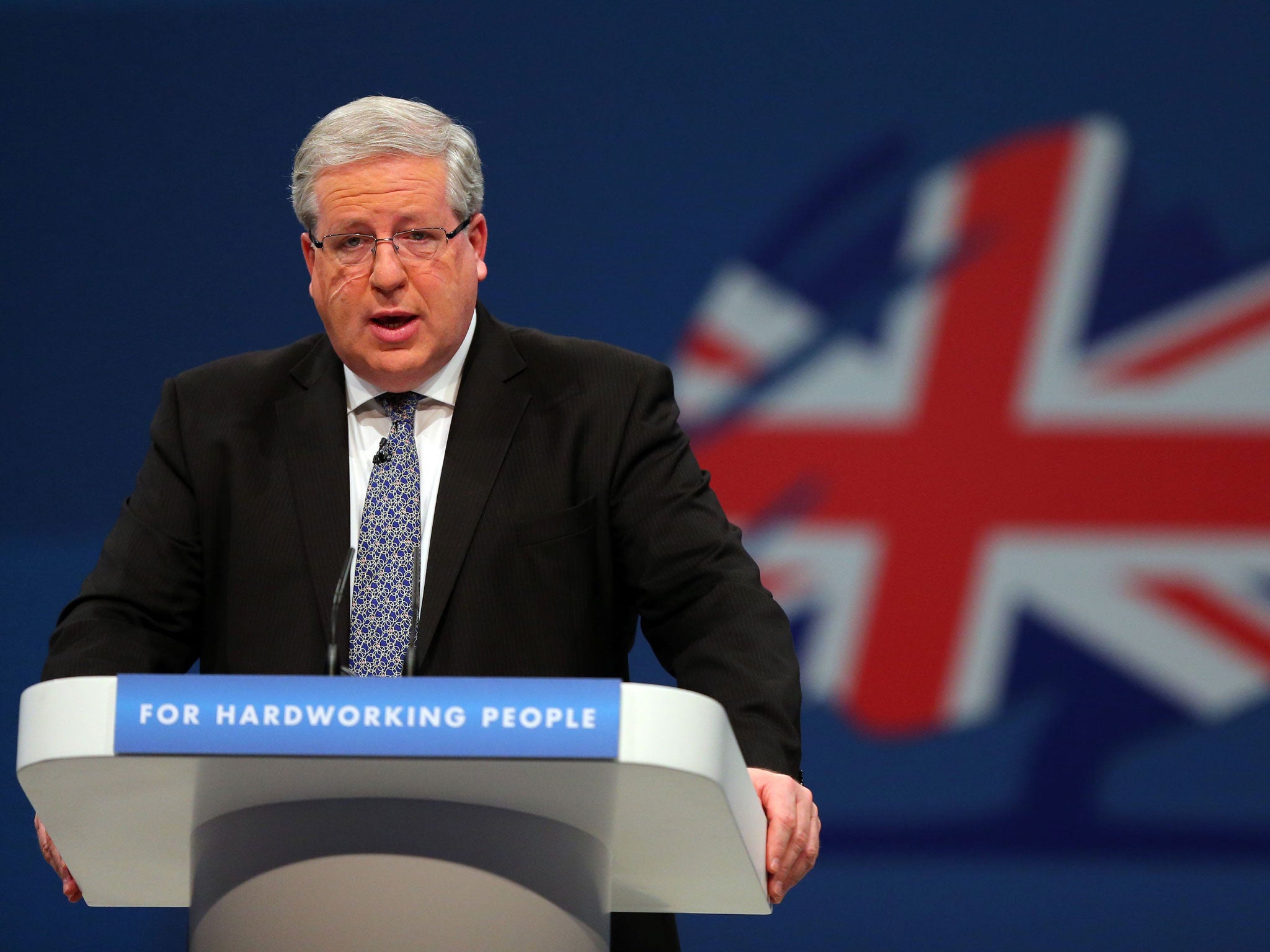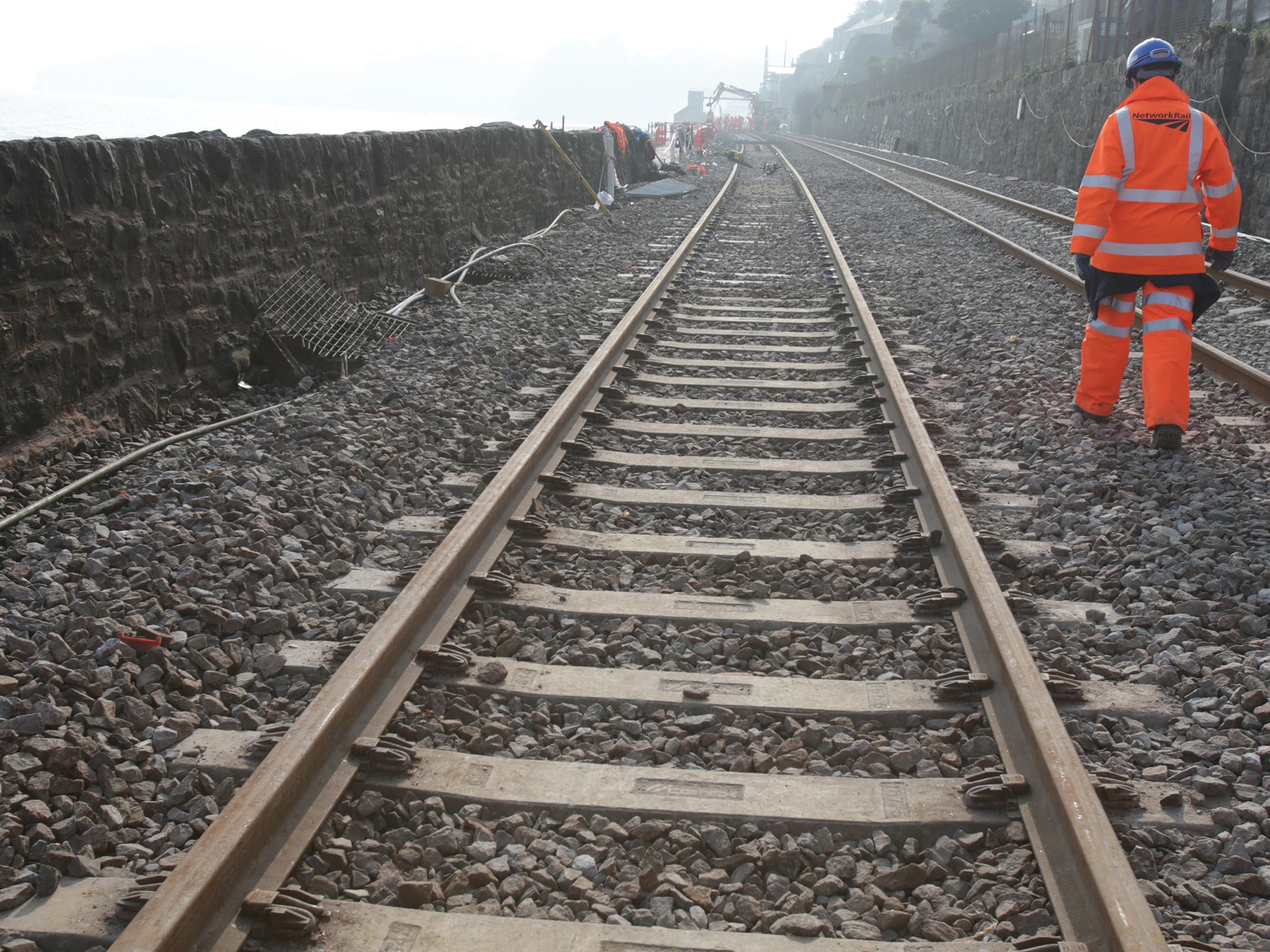Privatisation row as the Government tries to fix debt-ridden Network Rail
Senior figures in Network Rail have become increasingly frustrated at government interference since it was reclassified as a public body last year

Your support helps us to tell the story
From reproductive rights to climate change to Big Tech, The Independent is on the ground when the story is developing. Whether it's investigating the financials of Elon Musk's pro-Trump PAC or producing our latest documentary, 'The A Word', which shines a light on the American women fighting for reproductive rights, we know how important it is to parse out the facts from the messaging.
At such a critical moment in US history, we need reporters on the ground. Your donation allows us to keep sending journalists to speak to both sides of the story.
The Independent is trusted by Americans across the entire political spectrum. And unlike many other quality news outlets, we choose not to lock Americans out of our reporting and analysis with paywalls. We believe quality journalism should be available to everyone, paid for by those who can afford it.
Your support makes all the difference.Embattled directors of Network Rail risk a showdown with the Government by attempting to part-privatise the state-backed operator of Britain’s rail infrastructure.
It is understood that senior figures in Network Rail, which runs 20,000 miles of track, 18 major stations, and 40,000 bridges and tunnels, have become increasingly frustrated at government interference since it was reclassified as a public body last year. Executives want to sell a stake in the business to a private company in a move they believe will reduce the Department for Transport’s influence.
The DfT has been infuriated by Network Rail’s poor record in recent months, in particular the chaotic scenes at London Bridge, Paddington and King’s Cross after trains were delayed because of engineering overruns. Last year, Network Rail was fined £53.1m by the Office of Rail Regulation for “shortfalls in performance”.

Last month, the Transport Secretary, Patrick McLoughlin, sacked Richard Parry-Jones, Network Rail’s chairman, and replaced him with Transport for London’s Sir Peter Hendy. In addition, he imposed a special director, former Eurostar boss Richard Brown, on the board to report directly back to him. Mr McLoughlin also put on hold two major rail electrification projects – part of Network Rail’s £38.5bn five-year spending programme – amid fears of rising costs and planning difficulties.
In last week’s budget, George Osborne, revealed that he had drafted in High Speed One boss Nicola Shaw to review Network Rail’s future financing – it has a debt mountain that is expected to top £50bn by 2019. The Chancellor also decided that around £4bn of government grants will now go directly to train operating companies rather than Network Rail, although it will be able to charge these firms more for using its tracks.
Both Network Rail and the DfT accept that the organisation, which is also landlord to 7,000 businesses, needs a fundamental restructuring, but are looking into different ways of achieving this.
Ministers want it to be slimmed down and forced to concentrate on the core work of repairing and maintaining the railways, while Network Rail executives have asked the Rothschild investment bank to look into selling surplus property that could be worth more than £1bn.
The executives are also irritated that engineering problems are blamed for more than one in 10 trains being late, when they are trying to help an ageing Victorian railway system cope with its biggest number of passengers since the 1920s.
But Network Rail also wants to hire an “equity execution adviser”, who would look into bringing in a private-sector shareholder. This investor would be given a concession to run infrastructure in an area of the country where services are relatively simple, with only one or a small number of train companies in operation.
A source close to the company said that this shareholder would then act as a “political buffer”, because ministers would have a third party to consider should they want to meddle in Network Rail’s operational affairs.
The source added: “One would have to think long and hard about putting your fingers into the machine if to do so would have a significant impact on a private company’s business and thus their shareholders.”
The move has stunned senior rail industry figures, who point out that the DfT would have to approve any move to bring in outside investors – and it would almost certainly say no.
“Is Network Rail picking a fight with the department? There’s no other way of seeing it – it’s a waste of taxpayers’ money,” said one executive.
A source close to the rail regulator argued that the plan was “completely unrealistic”. Network Rail is worth more than £50bn, said the source, meaning that is “too big to privatise, too big for companies to take chunks of it”.

However, Ms Shaw’s review is likely to look into breaking up Network Rail into regional companies, which would then be small enough to allow the private sector to take a shareholding. The Government has already ordered that local route managers be given more power to commission work and oversee track maintenance.
Network Rail has looked at the idea of part-privatisation on and off for about three years, but this is the first time the idea has been evaluated so seriously and thoroughly. A Dft spokeswoman said: “As announced earlier in the week, Nicola Shaw has been asked to look at options on the future shape and financing of Network Rail.”
Join our commenting forum
Join thought-provoking conversations, follow other Independent readers and see their replies
Comments